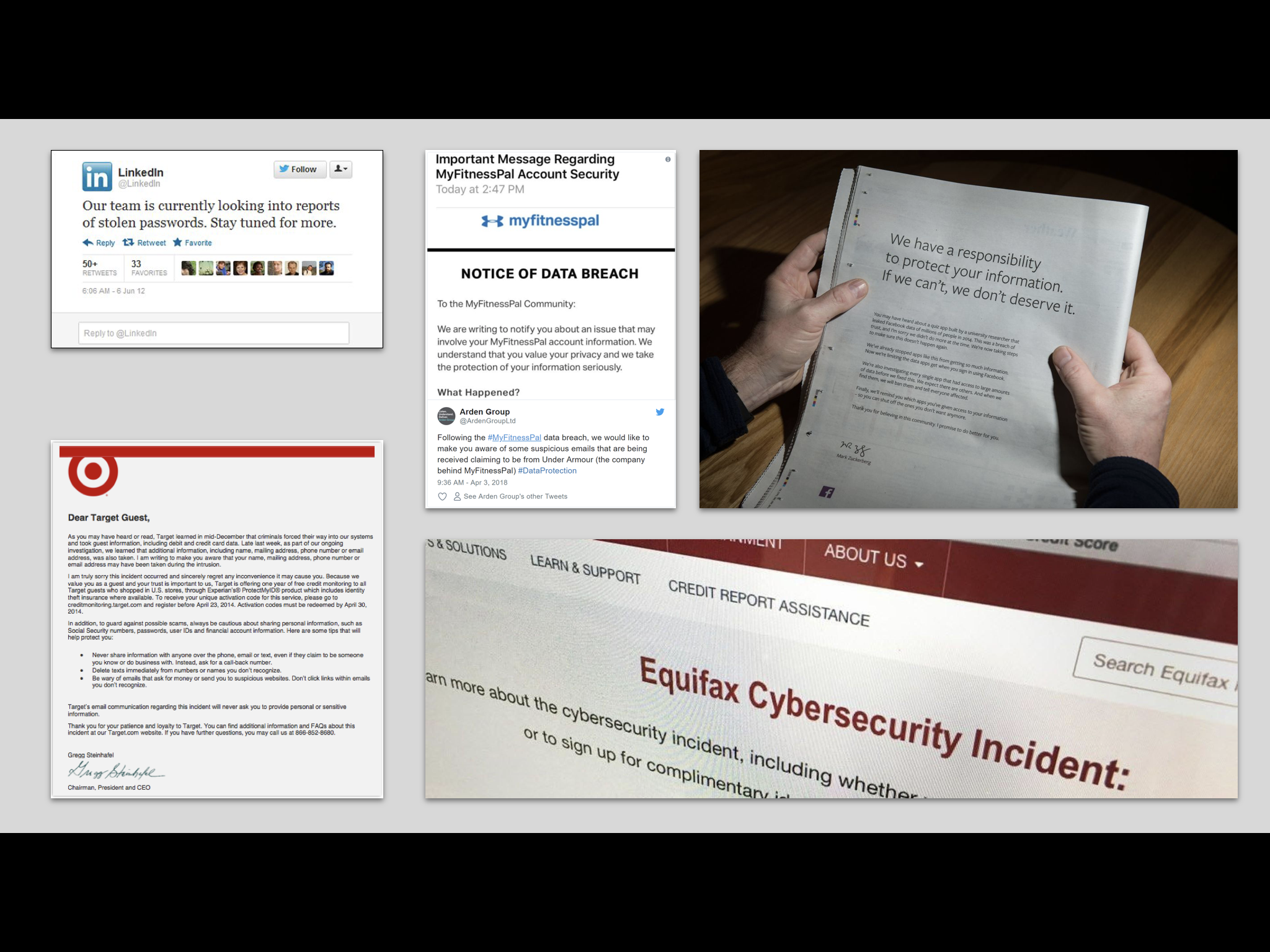5 Questions Every CEO or Board Member Should Be Asking When Speaking Up on a Potentially Polarizing Issue
How can we find you a seat at the table and start the conversation?
Through advocacy, collaboration, and strategic relationships I have built a career around bringing people together to start the conversation and solve problems, by finding you a seat at the table and sharing your story. Join me for a conversation on PR Weekly With Sari Cicurel.
What are you going to say? Content Matters.
What's your plan to return to work and how will you communicate it?
In a crisis, it is important that you let people know what you don’t know. Over these past few weeks, we have all learned all vulnerable we are and it is important for us, especially as leaders to let others know that we are all vulnerable. Accepting that, however, it is important to incorporate those vulnerabilities and what you do know into a strategic communications plan. What is your plan to get your team back to work?
The new normal & the return to work: A guide to get to back to work through strategic communications
Forced to break the news yourself
Earlier this week, The Duke and Duchess of Sussex (Harry and Meghan) broke the news that they were planning on having a more limited role with the Monarchy, in part because they story would have been told by the tabloids.
From a crisis management standpoint, it was important that they broke the news themselves rather than read about it in the tabloids. However, they forgot to inform the Queen and others within their family and consequently stepped out of one crisis and entered another.
I am not sure of the circumstances and I am not familiar with the protocols but I do know that in any crisis you bring your team together to make informed decisions as quickly as possible.
Ideally, they should have thought it through in regards to #Whatif.
What if the tabloids leaked the story?
What if the web designer was working on this project in a Starbuck’s and someone saw it?
If they prepared for these scenario’s they would have been in a better position to deal with the crisis, with the support of his grandparents and family?
Sometimes external forces force us to make a difficult and take our story to the media first. It happens a lot in politics or with public figures.
When they made their announcement they also launched their website, which I think was a bit premature since the details of their departure had not yet been approved by the Queen. So I would’ve held off on this rather than give more information for the press to review.
The website is clean and well done. More public figures should create their own websites like this to take control of their narrative and protect their brand. It is a sad reality but in the era of fake news and no news at all, we need to create and preserve our own public record.
There is a lot we can learn from the Royal Family and there is a lot that Harry has learned from his mom and how his mom was treated. That is most likely why it is the decision they made for themself and what let them to create the website in the first place. After each crisis, we need to internalize the lessons learned and prepare for the next crisis. Unfortunately, many of us just don’t plan ahead — We should!
Small Utilities Are Unprepared To Deal With The Next Crisis, But Its Never To Late
Cyberattacks against the energy sector are growing in both number and sophistication. With more than a dozen small utilities located near critical infrastructure targeted in the past year, there are steps that companies can take to minimize their risk and protect their consumers despite the lack of budget or resources.
Cyber-security Is A Business Risk, not an IT problem – Don’t get caught offguard!
When your reputation is questioned, SPEAK UP!
Steps you can take now to prepare for the next data breach that won't cost a lot of money
Just tell me what I need to know when you find out!
Each state in the U.S. has their own individual laws as to when a company must report a data breach. In addition, there are federal laws and EU laws that likewise dictate when companies need to disclose.
On September 1, 2018, Colorado will enact the toughest law yet, giving companies 30 days to provide notice of a breach involving personal information belonging to Colorado residents. Most states mandate 45 or 60 days.
According to The Wall Street Journal, "Colorado also expanded the definition of personal information to include biometric data, driver’s license numbers, passwords and other items. In other state laws, personal information is often limited to a first name or initial and last name in combination with an identifier, such as a Social Security number."
Just this week, Air Canada discovered a breach and responded within days of discovering it. You can see their response below to the people who they believe were affected. It timely and clearly explains:
- What happened;
- The steps the company took to limit the breach; and,
- What they need their customers do to further protect themselves.
Your system will be breached. It is not a matter of IF, it will be a matter of WHEN. To prepare your company needs to create the protocols to MONITOR your systems and develop the PLANS to respond. This includes creating the TEAM and creating SIMULATED responses.
In 2017, a data breach compromised the personal information of 147.9 million Equifax customers. The company was not prepared for the breach and failed in their response, leaving peoples personal data exposed.
if the law in your state or for your industry is unclear, company's in the U.S. should use the European Union’s General Data Protection Regulation (GDPR), which went into effect in May, as guidance which requires companies to disclose a breach within 72 hours of discovering it. Companies, both large and small, should now put the plans in place and prepare for the next attack.
AIR CANADA EMAIL RE. DATA BREACH
28 AUGUST 2018
We recently detected unusual log‑in behaviour with Air Canada’s mobile App between Aug. 22‑24, 2018. We immediately took action to block these attempts and implemented additional protocols to protect against further unauthorized attempts. As an additional security precaution, we have locked all Air Canada mobile App accounts to protect our customers’ data.
Am I affected?
As a result of our analysis, we are confident your account was not affected by these unauthorized attempts. As an additional security precaution however, we have locked all Air Canada mobile App accounts to further protect customer data.
To reactivate your Air Canada mobile App account, please see the instructions below or follow the prompts the next time you log into your Air Canada mobile App.
Your privacy and the protection of your data are extremely important to Air Canada. Our security is multi‑layered, and we work with leading industry experts to continuously improve our practices as technology and security procedures evolve.
Reset your password
Please reset your password to resume using Air Canada’s mobile App and mobile products with confidence.
Your new password must be a minimum of 10 characters. Here are some helpful tips in creating your new password:
• Minimum of 10 characters which must contain at least 1 uppercase letter, 1 number, 1 symbol/special character, 1 lowercase letter
• Do not use your old password
• Do not use your name or something easily associated with you
• Do not use your Air Canada mobile App password with other accounts
You can reset your password by following the prompts when you next log‑in to your Air Canada mobile App, or you may reset your password now or you may also go to https://services.aircanada.com/portal-web/mobile/profile?action=resetpwd&locale=en
For more information
We regret any inconvenience this has caused. If you have questions, please refer to additional information posted on aircanada.com
Sincerely,
Catherine Dyer
Senior Vice President, Chief Information Officer
Air Canada
Election Interference Should Put Us All On Defense
GUILTY, in the court of public opinion!
How safe is our nation’s food supply?
Equifax and the SEC are today’s current cyber-disturbance. But what about our food supply. Congress, in 2010, enacted the Food Safety Modernization Act (FSMA). The law drastically updates how our food is regulated. It creates guidelines for food manufacturers and processors to follow in the processing, producing and handling of food, from harvesting to processing, warehousing and distribution. The federal government however, is still trying to figure out how to enforce the FSMA. The most recent rules focus on preventing the intentional adulteration of food in the supply chain.
Today, we are still vulnerable to attack
Cyber-terrorism is a reality, How are you going to deal with it?
It is not a matter if you will be hacked it is a matter of when and am I prepared.In preparing for a crisis around cyber terrorism? know the law and which laws dictate how your company responds and to whom. Know what you want to say and how quickly you will respond after a reach. Know the influencers and key stakeholders to make sure you to not ignore key people in responding to an attack
In a crisis, you manage in the moment
Naked & Exposed We Are All At Risk Of Attack, But Are You Prepared?
From toys to medical devices, the world is a more connected place, exposed to hackers and other threats, that can result in serious injury or damage, both physically and to your financially to your reputation. We are naked and exposed and vulnerable to the risks of living in a connected life in the Internet of Things (IoT). While politically fragmented, Friday's attack proves our world is more connected than ever.


















